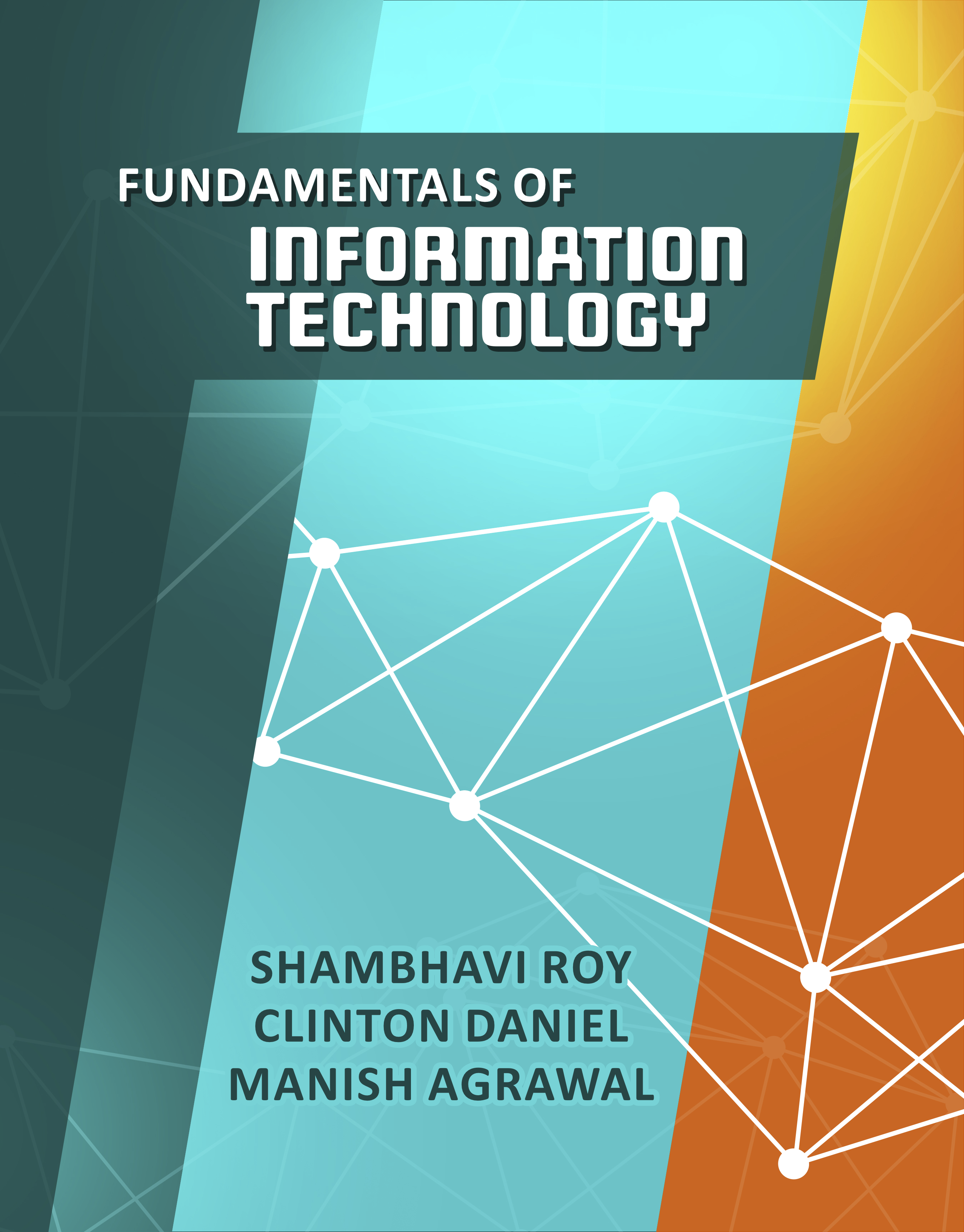Document Type
Book Chapter
Publication Date
1-1-2023
Keywords
digital information technologies, information technology, Database apps
Abstract
Databases are structured collections of data that can be efficiently searched and manipulated by computers. Databases are the underlying information store powering our modern technology- driven world. These databases are like digital vaults where you can keep data safely, and authorized users can read or update the data as needed. While you may not yet know what databases are, they touch your life daily. Your student records, your score history in online video games, your checkout history at the library are all stored in databases somewhere. In all likelihood, your personal information, including your home address, your phone number, and your school grades are stored in multiple databases.
Database applications typically refer to software programs that help users interact with the data stored in databases. They fall into categories such as customer relationship management (CRM), enterprise resource planning (ERP), learning management system (LMS), etc. For example, enterprise resource planning applications help retailers update their stock information when you checkout items at the store. Learning management systems help schools tracks the performance of all students at the school. When you buy something online, inventory management applications update the stock information on the site and create the shipping label for the items to be delivered to your home. We have discussed these applications throughout this book.
In this chapter, we focus on databases and introduce the technologies and concepts used to build databases. While there are several types of databases including object-oriented databases, hierarchical databases, and relational databases, most modern applications use relational databases. We, therefore, introduce relational database technology in this chapter.
Digital Object Identifier (DOI)
https://doi.org/10.5038/IFWF3770
Scholar Commons Citation
Roy, Shambhavi; Daniel, Clinton; and Agrawal, Manish, "Chapter 14 Database Applications" (2023). FUNDAMENTALS OF INFORMATION TECHNOLOGY: Textbook – English. 13.
https://digitalcommons.usf.edu/dit_tb_eng/13
Was this content written or created while at USF?
Yes


